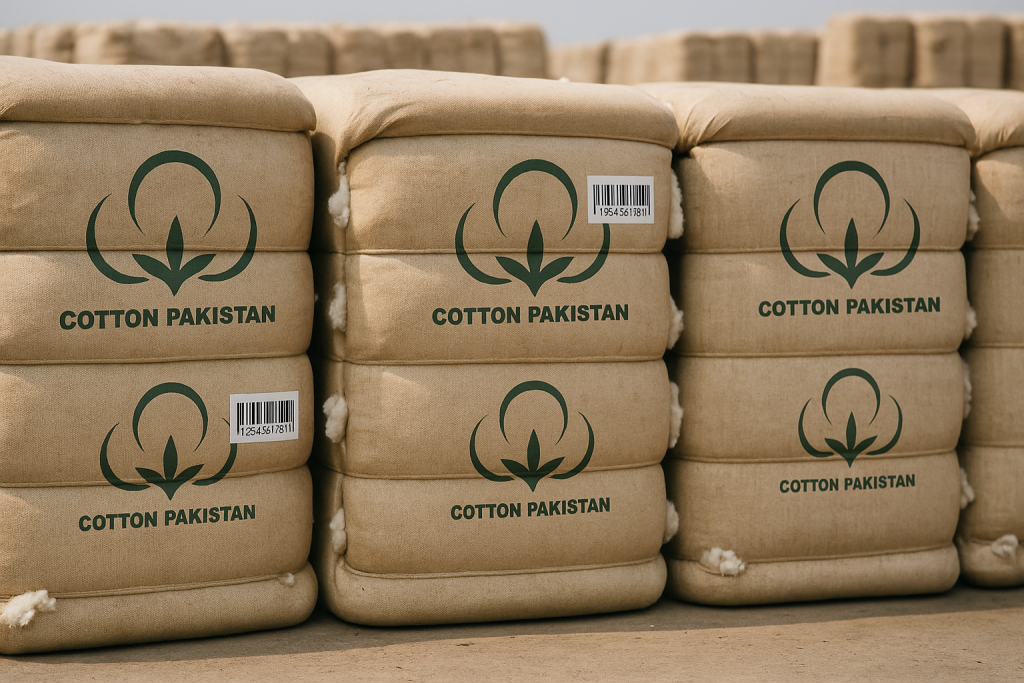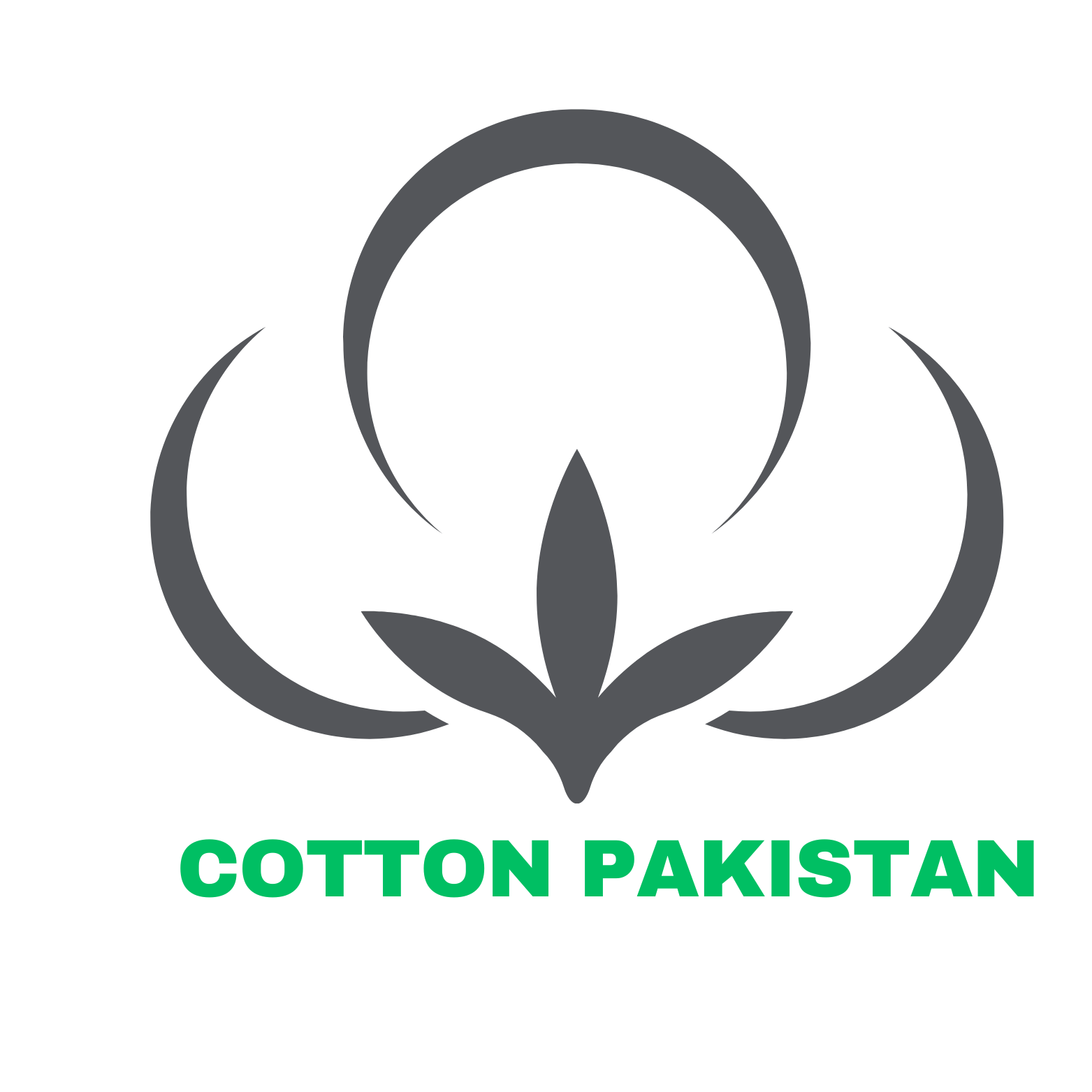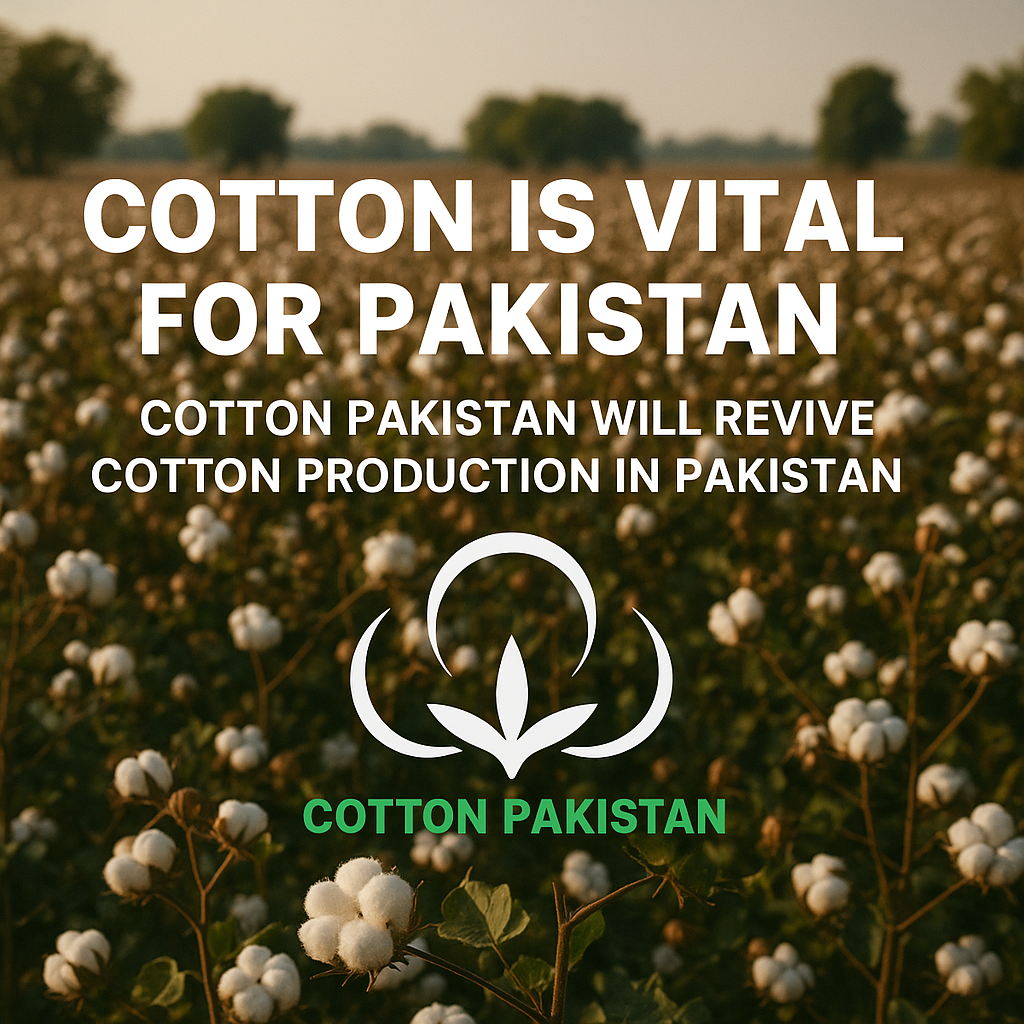 Reviving Pakistan’s Cotton Yields, Sustainably & Traceably
Reviving Pakistan’s Cotton Yields, Sustainably & Traceably
Why Cotton Pakistan Matters = “White Gold of Pakistan
Over 1.5 million farmers depend on cotton. Cotton contributes 60% of Pakistan’s export earnings. Over 10 million jobs in the textile value chain rely on cotton.
In Pakistan, thousands of rural women depend on cotton picking for their livelihood. By reviving cotton, we are securing their income, dignity, and future.
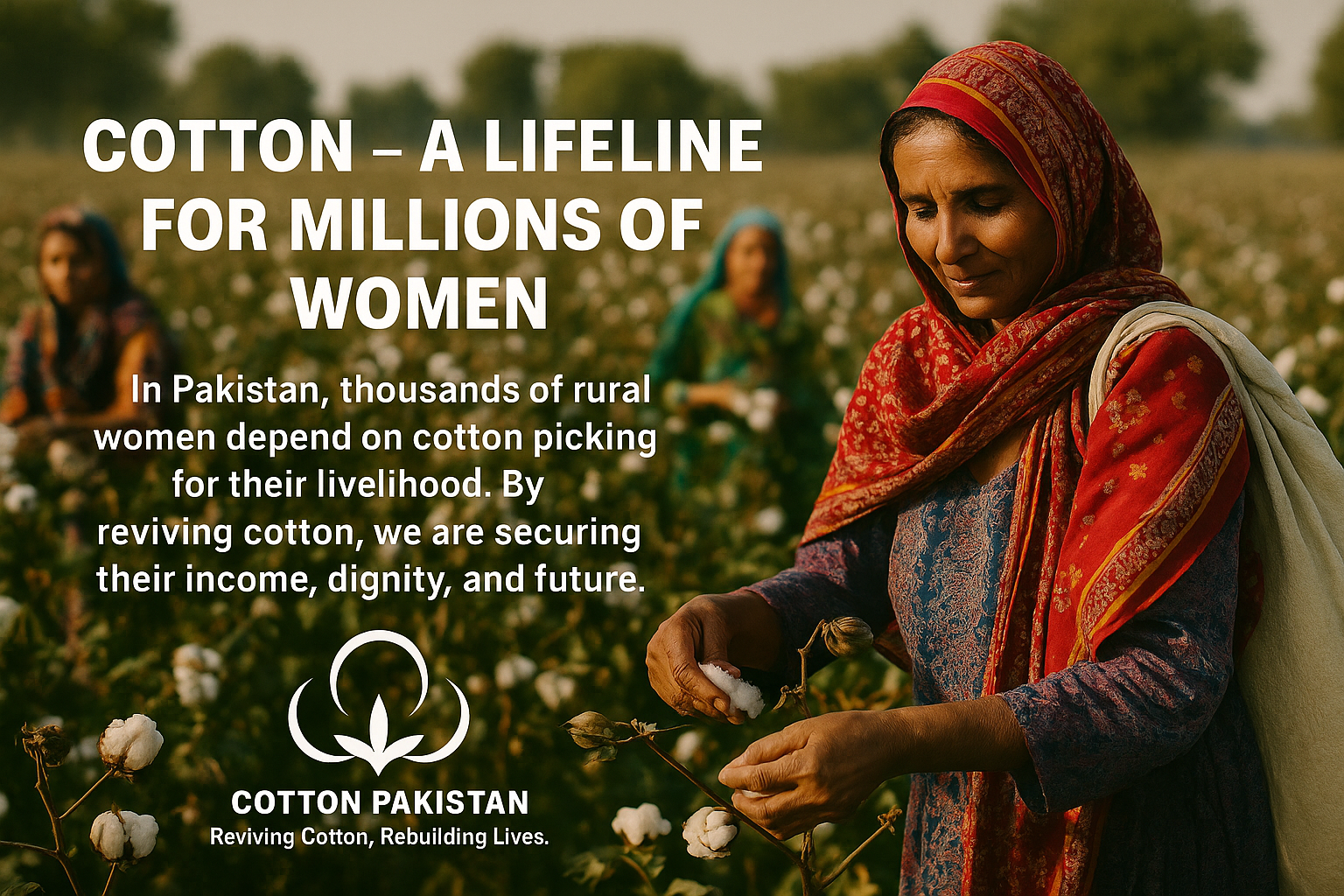
Revive Cotton Rebuild Pakistan
Empower farmers and the cotton value chain to produce high-quality, sustainable, and traceable cotton that strengthens Pakistan’s economy and reputation
1.5 Million farmers
More than 1.5 million farming families grow cotton, while over 10 million people are employed across the cotton-textile value chain, including farmers, ginners, spinners, weavers, and garment workers. Cotton is especially vital for female cotton pickers in rural areas who rely on it for income.
USD 20B textile industry
Pakistan’s textile industry — the country’s largest industrial sector — depends on cotton as its primary raw material. Cotton sustains industries worth over USD 20 billion annually, powering jobs, manufacturing, and exports.
Pakistan Exports 60% share
Cotton and textiles contribute over 60% of Pakistan’s total export earnings, making it the single most important driver of foreign exchange. The survival of Pakistan’s economy is directly tied to the health of the cotton sector.
WHY COTTON PAKISTAN
A resilient, innovative, and globally trusted quality cotton
Sustainability
Traceability (CP-Trace)
Quality & Standards:
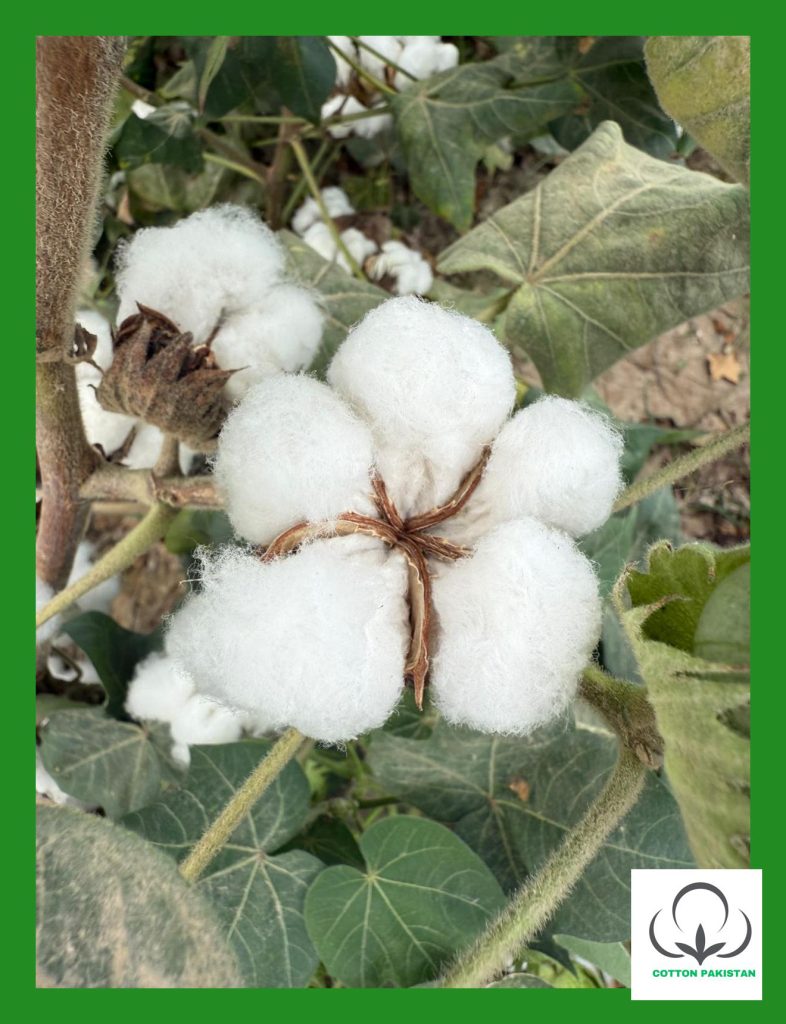
Together, we can revive cotton production, ensure sustainability, and rebuild Pakistan’s textile strength for generations to com
Cotton Pakistan invites all stakeholders farmers, ginners, spinners, brands, policymakers, and researchers to join us in this noble cause to save the White Gold of Pakistan.

Launching Pakistan cotton Cluster Farming for Sustainable Cotton
Transforming Pakistan’s Cotton Fields into High-Quality Supply Chains
The Cotton Pakistan Cluster Farming Model groups progressive farmers under supervised, technology-driven practices to deliver higher yields, lower costs, and contamination-free lint that meets international textile standards
Guaranteed supply of traceable, premium-quality cotton
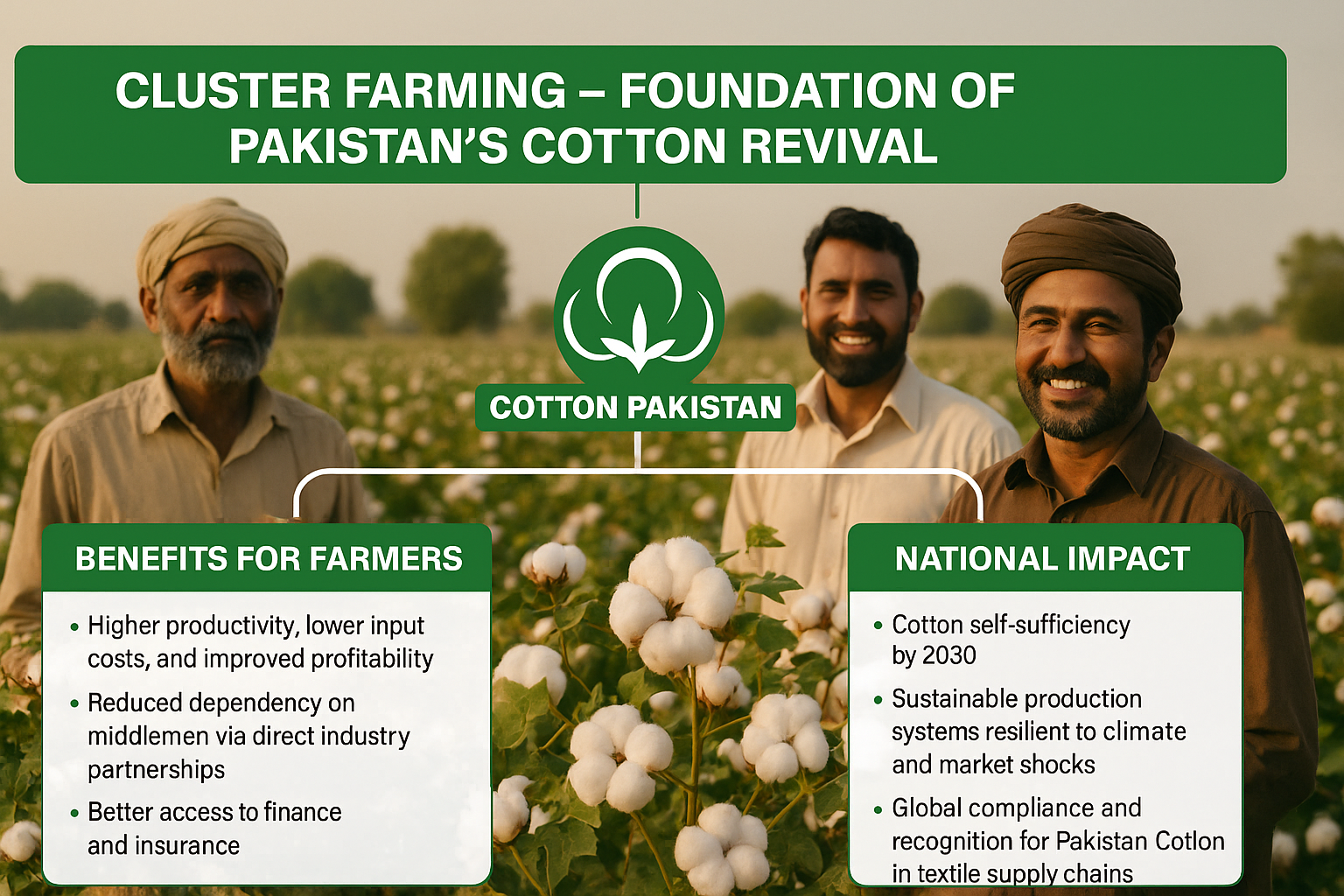
Cluster farms are managed under uniform best practices, ensuring contamination-free lint with bale-level traceability — giving mills and brands confidence in every shipment.
Direct farmer–industry partnerships ensuring price stability
By cutting out middlemen, the model builds long-term relationships between growers and mills. This reduces volatility, secures raw material availability, and provides farmers fair returns while stabilizing mill input costs.
Compliance with global sourcing requirements for sustainability and traceability
Cluster farming is aligned with CP-BMP standards and CP-Trace systems, enabling mills and exporters to meet international buyer expectations on sustainability, human rights, and full supply chain transparency.
Cluster Farming will be the foundation of Pakistan’s cotton revival, helping achieve
Benefits for Farmers
Higher productivity, lower input costs, and improved profitability. Reduced dependency on middlemen with direct industry partnerships. Better access to finance and insurance. Recognition as a Cotton Pakistan Cluster Farmer, eligible for sustainability premiums
Benefits for the Industry
Steady supply of high-quality, contamination-free lint. Traceable cotton aligned with global sourcing requirements. Stronger farmer-industry partnerships for long-term cotton revival
Cluster Farming & National Impact
Cotton self-sufficiency by 2030. Sustainable production systems resilient to climate and market shocks. Global compliance and recognition for Pakistan Cotton in textile supply chains.
